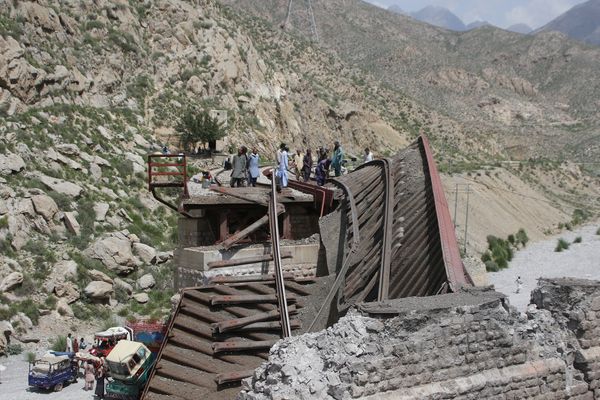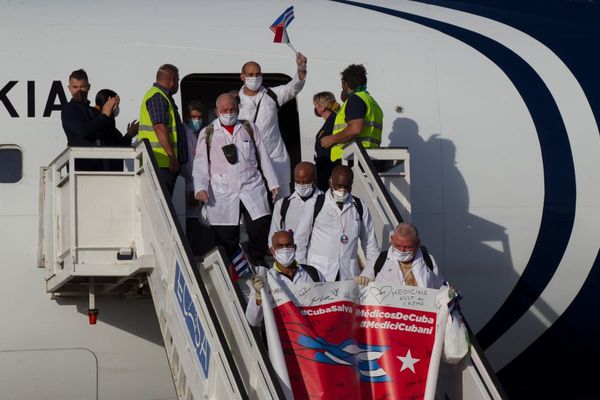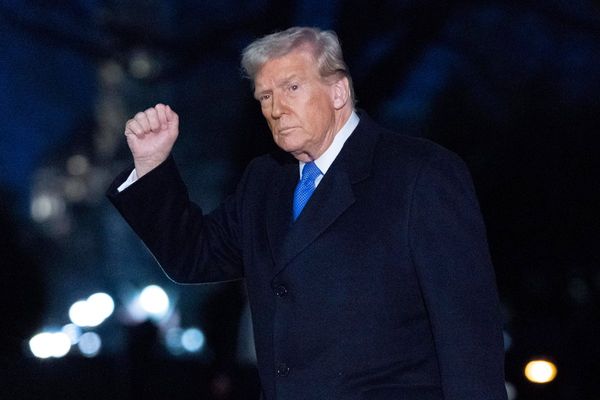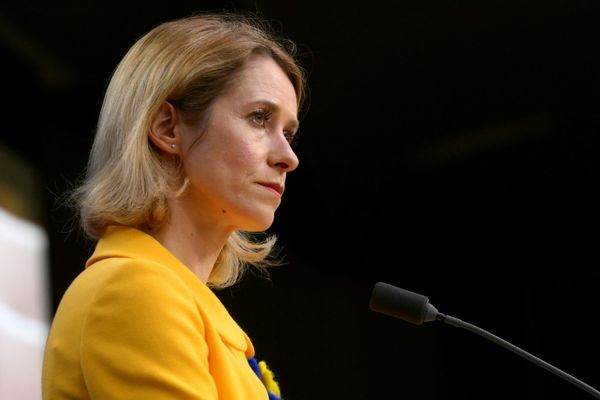
Rome (AFP) - Kenya avoided becoming a sporting pariah as World Athletics president Sebastian Coe welcomed its government's pledge of a financial package to combat doping in what he called "a long journey" to build trust.
"The Kenyan federation and government feel this (doping) has been a disfiguring period in what should have been a Herculean period for Kenyan athletics," Coe said after a World Athletics Council meeting in Rome.
"But I'm really delighted because all the stakeholders that matter, both domestically and internationally, are now aligned to do everything we can to resolve this issue."
Following talks with Kenya's new Sports Minister Ababu Namwamba, Coe said: "We made some real progress."
The Kenyan government pledged $25 million (24.20 million euros) over five years to help finance more anti-doping personnel, increase testing and investigation, bolster education programmes and also "deeper dive into entourages".
The Athletics Integrity Unit (AIU) will "work closely with Kenyan government to try and resolve this as quickly as it possibly can".
The east African track and field giants have 55 athletes listed on the AIU's global list of ineligible persons, last updated on November 21. A further eight are listed as being provisionally suspended.
The doping problem, however, is not new.The athletics powerhouse has been in the top category on the WADA watch list since February 2016, alongside only Bahrain, Belarus, Ethiopia, Morocco, Nigeria and Ukraine.
Progress in Russia
In further doping news, Coe said that "progress has been made" with Russia, banned in 2015 for systematic state doping but who were now "moving in the right direction" despite their further ban following Moscow's invasion of Ukraine.
RUSAF, Russian athletics' ruling body, was initially kicked out of World Athletics seven years ago after a damning World Anti-Doping Agency report identified "a deeply-rooted culture of doping".
For the athletics superpower to return it had to meet a series of strict conditions including: establishing a culture of zero tolerance and an effective anti-doping structure.
Rune Andersen, head of the Taskforce, said that "cultural change is starting to take root in Russian athletics.Whether that cultural change can be sustained in the long term remains to be seen".
"However the Taskforce noted that RUSAF's strengthening internal governance system will be a check on any recidivism and will mean it will be obvious if it emerges.The close monitoring and oversight of RUSAF will not end when its suspension from World Athletics is lifted," with the AIU taking over the task.
"The Taskforce expects to be in a position by March 2023 to make a final recommendation to Council on the reinstatement of RUSAF," Andersen said, adding that the Russian anti-doping agency "also appears to be working effectively at an operational level including conducting testing of Russian athletes that appears, subject to further checking, to be of sufficient quantity and quality".
Andersen reiterated, however, that any consideration of reinstatement "will be independent of and will not affect any measures taken by Council in response to the invasion of Ukraine", with World Athletics having banned all athletes, support personnel and officials from Russia and Belarus for the foreseeable future over that crisis.
In a further announcement, Coe confirmed that the 2024 World Relays, which will act as a qualifier for the Paris Olympics, will be held in Nassau, Bahamas, it was announced Wednesday.
The allocation of the sixth edition of the World Relays came in the wake of last month's announcement that the Chinese city of Guangzhou had opted not to host them "due to the ongoing pandemic conditions".
Nassau hosted the three opening World Relays editions, in 2014, 2015 and 2017, before they moved to Yokohama, Japan, in 2019 and Chorzow in Poland last year.







